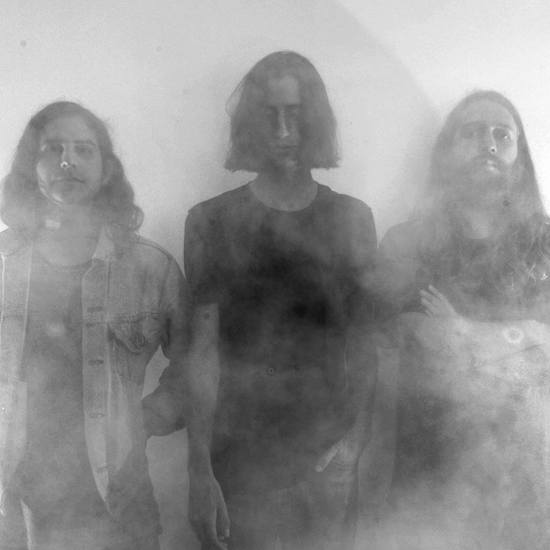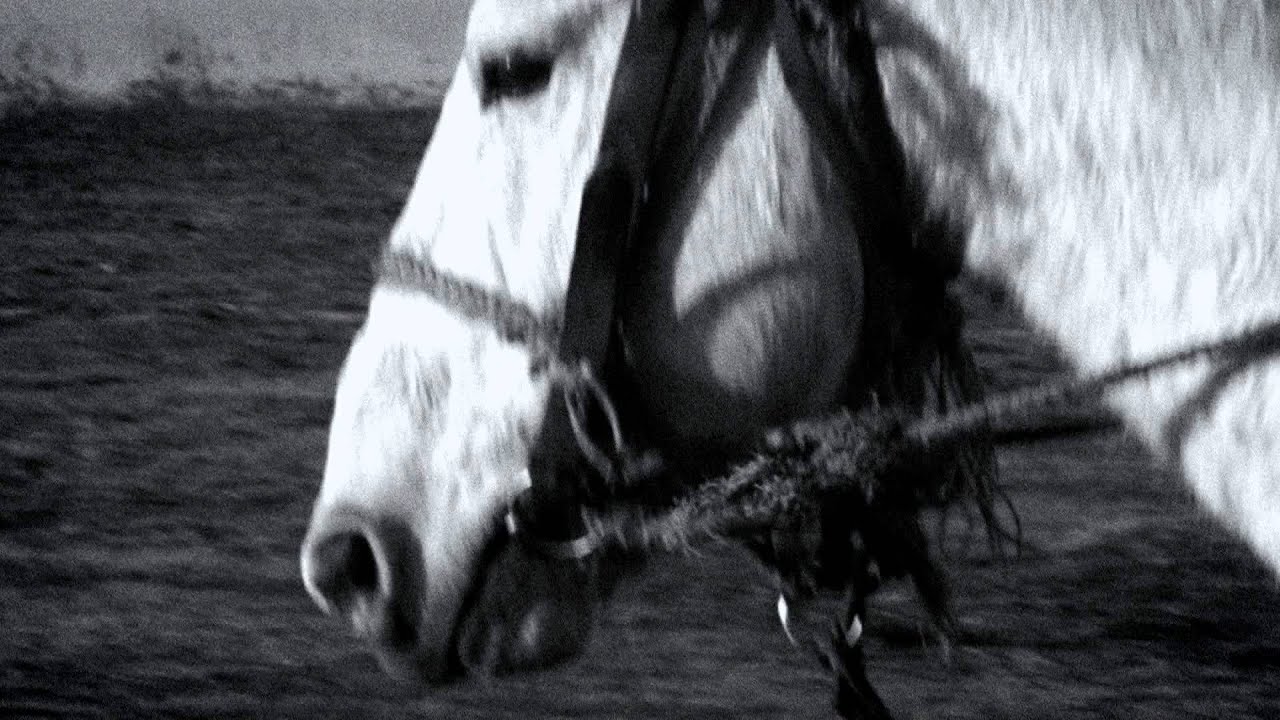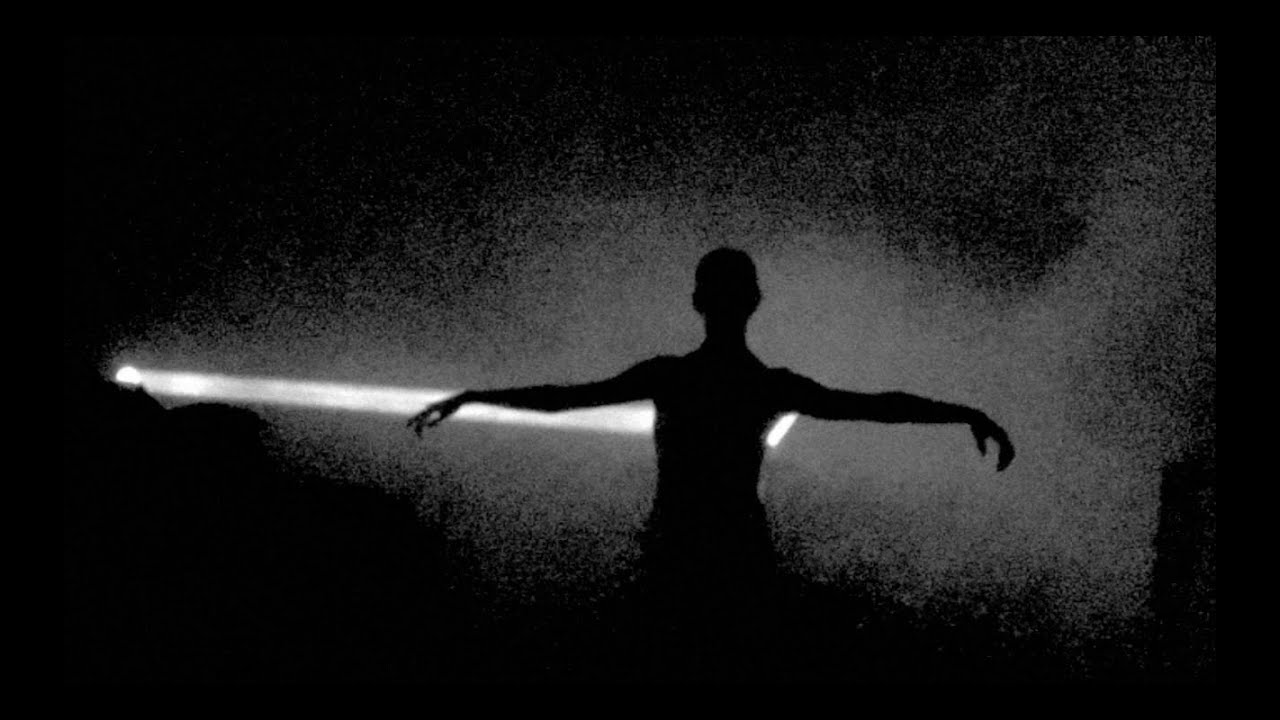Photograph courtesy of Ion Rakhmatulina
The skies of the Atacama Desert in northern Chile are widely regarded as the best place for stargazing on the planet. Higher and drier than anywhere else in the world, they are about as close as you can get to being on the surface of the moon whilst on earth. They are also now home to the largest astronomical project in existence, the ALMA observatory. The array of telescopes can capture images of stars and planets billions of light years away – quite literally a beacon of the future staring into the past.
But stargazing at the location is not in any way new, with the complex built at an altitude of 5,000m on the Llano de Chajnantor plateau. Chajnantor means ‘lift-off place’ in Kunza, the ancestral language of the people living in the region over 4,000 years ago, coined long before flight or space travel was remotely considered. From ALMA, stargazers look to the stars of the southern sky, which points directly into the centre of the galaxy.
Föllakzoid have littered this amalgamation of cosmic heritage and futurism over the course of their previous albums, EPs and singles. On their new record III, the Chilean three-piece – made up of guitarist Domingo García-Huidobro, bassist/vocalist Juan Pablo Rodríguez and Diego Lorca on drums – combines the ancient music of the Andes with Krautrock, time signatures and sonic structures more reminiscent of contemporary electronic music.
"Both our ancient heritage and geographic position influences our work," says García-Huidobro as he sits smoking a cigarette at his home in Santiago. Indeed, their last record and the single that ran as its predecessor both had artwork featuring the night sky. It’s befitting of a band always looking out, forging a sound hinges on undulating rhythms that almost overwhelm in their delivery; basslines rumble in an indelible groove, fuzzed-out guitar solos shimmer and wallow before propelling forward with a composed tenacity and drum patterns resonate as they clatter and shift.
Signed to Brooklyn’s Sacred Bones label since their self-titled 2011 EP, the band are firm exponents of the cosmic sound that has been slowly emanating from Chile for the past few years, and with BYM Records – the label they co-run with La Hell Gang – the band has helped music from other native bands such as The Holydrug Couple, Nueva Costa and The Ganjas all cross over to a wider audience. They each sit at separate points along a spectrum of Chilean psychedelia, which takes in aspects of desert rock, garage, shoegaze, space rock, Kraut and reggae all seemingly distilling the Santiago sunshine and the mystery of the Atacama desert’s night sky into an intoxicating blend of haze.
"Both ancient cultures and modern musicians that work on trance music look for a way to engage rhythm patterns that on their own will engage trance-like states in people," says García-Huidobro. He discusses how the band are as informed by music from Manchester’s Hacienda as they are by old Indian rhythms and techno. "It is not that we are in control of it ourselves, we are part of a collective trance. It truly influences us, but we are at the same level with the audience in terms of figuring out what to discover once you are engaged in that state of trance."
Does that mean that you are constantly developing the sound of the band?
Domingo García-Huidobro: It is a tool to engage a trance state. The message that we want to deploy isn’t even clear to us though. Most of the layers and effects of the sound are completely out of control and unknown for us. We are just deploying these metrics in terms of the tools.
Because of that, is the band’s approach quite fluid, with the songs morphing for every show?
DGH: Our songs are inevitably changing all the time, and it’s beyond our control. We won’t be able to play the songs the same way as we do now in a year. All the songs that we played on tour last year have become longer and better.
Is that difficult in terms of choosing a point to record tracks?
DGH: There comes a point when we are developing jams into a more ordain structure to record them. If it weren’t for deadlines from our label we’d probably never get there. I know every musician has the problem that they don’t want to finish a song as they feel a sense of not being able to achieve perfection. That’s why our songs continue changing.
The press release for the record says that you believe there is a gravitational force that makes South America able to dialogue directly with other places, times and dimensions.
DGH: It’s true. But anything is true if you believe it enough. If I believe in a lie then it becomes true. I don’t know if it exists, but it does for me, because I believe in it. After the first record we always got asked about our relationship with Krautrock bands from the Sixties. Bands we love and bands that brought trance into rock. But those guys were aiming at the same ancient music that we are, so we have the same point of inspiration, but it isn’t those bands that influence us. It is older music. Ash Ra Temple and Popul Vuh – those guys were aiming at the same ritualistic vibe as we are. I came up with that belief to explain why they were producing the same kind of sounds as we are now, but forty years before.
Do you see your live shows as like shamanic rituals then?
DGH: We do share a dynamic with them, if you look at our rhythm patterns; we truly believe they come from there. But I don’t think this connection is exclusively happening in Föllakzoid shows. It is happening everywhere. Like at the Super Bowl, in a massive way. That is the question that should be raised: why have humankind been gathering together for centuries and trancing out? From the caveman to the Super Bowl and back to Föllakzoid, we are all doing the same thing. We don’t know the answer, we are just part of it. I don’t think it ends or starts with the shamanic rituals. It is part of some much older, weird thing.
Your live shows are very intense and energetic in that way though.
DGH: We think of Föllakzoid performances as a sensory experience. All our shows are dark, filled with smoke and presented in a way that invites you to step outside of your rational processing of reality. They invite you to understand it differently by closing your eyes, but then opening another eye. That is the way that we understand our music. We think of our music as something built collectively between the attendees and the band, rather than just us making it.
Moving on to the record, III sounds very much like a continuation of your previous records.
DGH: Yeah. We feel really confident and comfortable with what we do. We did make aesthetic decisions because we were tired of the Krautrock comparisons. We felt with II it was a bit unfair. If someone does a punk song nowadays, they are just doing punk. Nobody says that they are sampling the Sex Pistols. But if we do the same beat, then we are suddenly sampling Can. It is because there aren’t as many people using motorik beats as there are doing punk. When we made our first record we were really into that vibe, but for the past few years we have been doing music that is more free and upbeat. It is closer to minimal techno with a concrete atmosphere.
Talking of concrete, you worked with German composer Uwe Schmidt, aka Atom™, on the record.
DGH: He’s a proper maestro of concrete and electronic music, and it turns out he lives three blocks away from me in Santiago! We worked with him to develop the same sort of trance experience, but with less elements and distractions, executed more clearly with a wider range of sound frequencies. We tried to upgrade the sound, but keep everything more minimal at the same time.
What did he bring to the process?
DGH: He wasn’t the producer; he didn’t record III or mix it or decide the structures of our songs. We just gave him the record without synth and he added the atmosphere. It was pretty crazy as it is really hard to tell someone what you want musically; it’s like going to a shrink. In a very short period of time you have to get someone to empathise with something that is really personal. I had to sum up seven years of our sound to him and ask him to take it to another level. Our first conversations were hilarious. We were talking about being scared in a house, and hearing the sound of a door moving and it scaring the fuck out of you. We were saying: ‘That is the sound we want to produce!’ Just sharing bits of personal perception to emote feelings. But our connection was really good – he really got it.
It seems like there has been something going on in Chile for a while now.
DGH: Yeah, we’re building some shit here. It’s a burgeoning scene. I don’t know what you want me to say. It’s all true man. Everything you imagine, but so much better.
What is the set up at Blow Your Mind Records?
DGH: Nes and KB from La Hell Gang rent a home studio. It is an old two-storey monastery house next to a church. The nuns and priests used to live in the houses on the alley. Nowadays motels, art galleries and BYM occupy them. It is like God left and the Devil came in! It is a sacred place for us to hang, where all the bands rehearse; and the records get made and shipped. We have our own vinyl-cutting machine, so we have total independence. We can sell to Europe and the States, so we are pushing over. It is all growing really fast, its great.
Did you ever expect when you started out Föllakzoid that you would get to the stage of helping to run a label for Chilean music?
DGH: We never talked about it. We just started a band and made a record. Then people started to think it sounded cool and it spiralled from there. It was all obviously meant to be for us.
III is out now on Sacred Bones and BYM Records. Föllakzoid play the following dates:
JUNE
Tue 2 – Soup Kitchen, Manchester
Wed 3 – The Live Rooms, Chester
Fri 5 – ATP pop-up venue, London





